Qui est le terroriste? Débat critique sur le Hezbollah.
- Dans le cadre de l’événement Choc culturel 2007 à l’Université McGill.
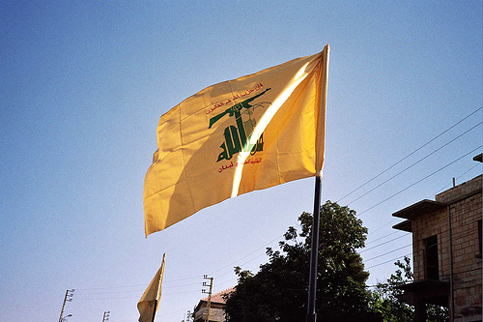
- MERCREDI 17 OCTOBRE à 18h30
Édifice Leacock, salle 232
Université McGill, 688, rue Sherbrooke Ouest
Montréal, Canada

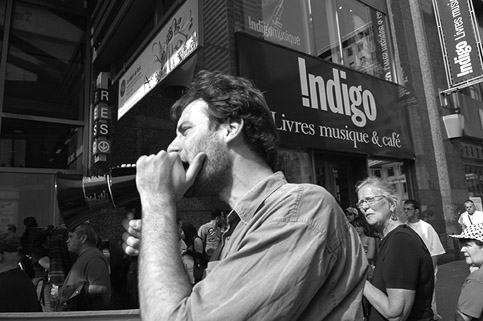
Picketers outside Indigo’s downtown bookstore last Saturday urged shoppers not to enter because the Chapters-Indigo’s CEO heads a foundation that supports foreign soldiers who fight in the Israeli army.
The demonstration was set to coincide with the 20th anniversary of massacres that took place at the Sabra and Chatila Palestinian refugee camps in Lebanon.
Communiqué préparé par la Coalition contre l’apartheid israélien & Tadamon! Montreal.
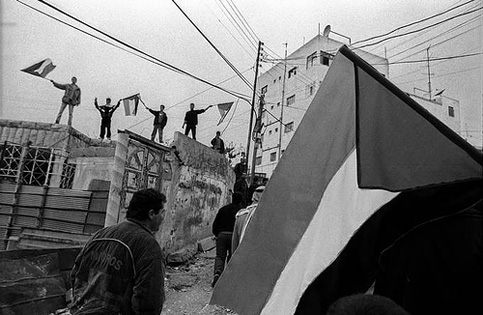
Cette semaine marque les 25 ans des massacres des camps de réfugiés palestiniens de Sabra et Chatila, au Liban. Aujourd’hui, nous commémorons la mémoire des victimes assassinées ou/et disparues lors de ce massacre, ainsi que les milliers de personnes qui ont perdu la vie suite à l’invasion israélienne de 1982 et à la guerre civile libanaise.
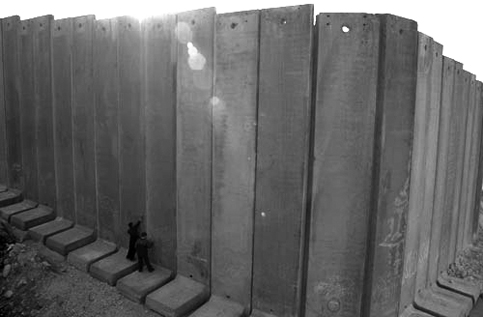
Montréal, le 18 septembre 2007: Le Réseau montréalais de la Coalition contre l’apartheid israélien a accueilli l’ancien premier ministre Brian Mulroney, venu présenter aujourd’hui son autobiographie à la librairie Indigo, en déployant une bannière pour dénoncer la situation d’apartheid dans laquelle Israël confine le peuple palestinien.
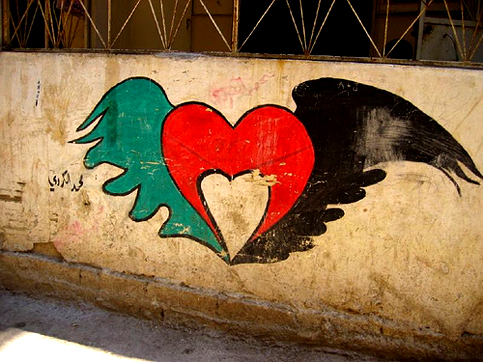
Ma très chère Janet: Aujourd’hui est un très beau jour d’automne, ici, à Beyrouth. Il y a 25 ans cette semaine, avait lieu, du 15 au 18 septembre, le massacre des camps de réfugiés palestiniens de Sabra et Shatila. Un ciel d’un bleu lumineux et une brise d’automne. En fait, il a plu la nuit dernière.
Assez pour nous débarrasser d’une partie de l’humidité et de la poussière. Heureusement, pas assez pour être de ces pluies habituelles qui forment les marécages d’eaux usées et d’immondices dans la rue Sabra ou inondent le cimetière, sans plus guère de pelouse, de la fosse commune, (les habitants du camp l’appellent le carré des Martyrs, il est l’un des mémoriaux qu’on appelle ainsi maintenant au Liban) ; c’est là que tu m’as dit autrefois que le dimanche 19 septembre 1982, tu avais regardé, écoeurée, les victimes massacrées et criblées de balles de ces 48 heures de tueries, entassées par les familles et les secouristes du Croissant Rouge, formant une montagne dans la fosse. Certains de ces corps avaient des membres ou la tête tranchés, des garçons avaient été castrés, des corps portaient des lacérations en forme de croix.
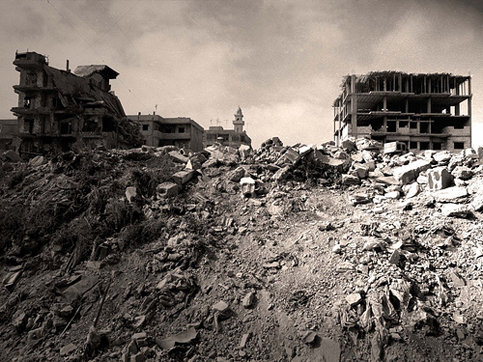

Activists demanding a better fate for Palestinians have chosen a potent accusation—the new apartheid—to rally support for the growing anti-Israel boycott. Their belief: what forced change in South Africa can provoke change in the Middle East. But it may not be that easy-or that simple
Imagination. Creativity. Inspiration. Three words to stir the soul crown the towering windows of Toronto’s flagship Indigo bookstore. At ground level, shoppers pass in and out of wood-framed glass doors, navigating planters and benches intended to create a friendly, front-porch sort of welcome. They take little notice as, on the sidewalk beyond, two women unfurl an off-white canvas banner. Printed on one side are another three words, less poetic perhaps than the store’s motto, but the intended effect is just as moving: Boycott Chapters/ Indigo.

How long will the state erect military checkpoints in residential areas, treating them as though they were camps sheltering wanted people and gunmen, while all the Palestinian camps, which shelter criminals and wanted people, enjoy freedom of movement, politically, militarily and in terms of security, as though they were security islands independent of Lebanon politically, militarily and in terms of security?
—Jibran Tuwayni, al-Nahar (July 18th, 2002)
The view expressed by assassinated Lebanese Member of Parliament and editorialist Jibran Tuwayni has become depressingly familiar among Lebanese politicians since the end of the Lebanese civil war. Though Tuwayni was a firebrand of what is now the loyalist camp in Lebanese politics, his perspective is also shared by elements of the current opposition, particularly members of the parliamentary bloc loyal to former Gen. Michel Aoun. There may be more than a grain of truth in the saying that the only thing that unites the Lebanese political factions today is antipathy for the Palestinians living in their midst.

This edition of Radio Tadamon! brings you to the streets, from the ongoing demonstrations throughout Canada calling for a boycott of Indigo/Chapters bookstores due to their support for Israel, to the major demonstrations in Montabello, Quebec surrounding the North American trilateral summit in August 2007.

In its strongest condemnation of Israel since last summer’s war, Human Rights Watch said yesterday that most Lebanese civilian casualties were caused by “indiscriminate Israeli air strikes”.